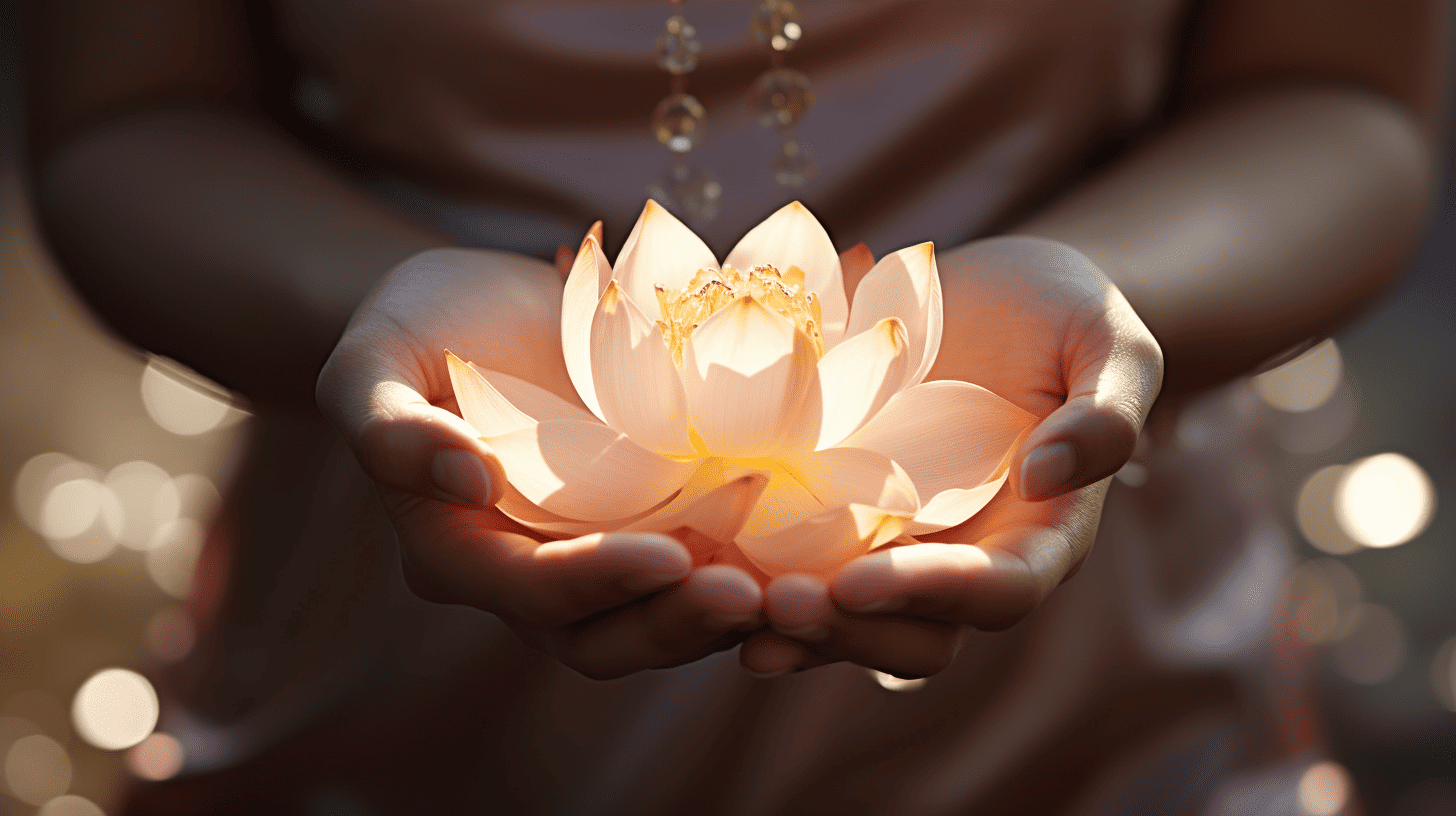The 7-Minute Rule for Mindful Consciousness
The 7-Minute Rule for Mindful Consciousness
Blog Article
Top Guidelines Of Awareness
Table of Contents6 Simple Techniques For Mindful ConsciousnessFascination About Spiritual InsightsNot known Facts About SpiritualityMysticism - TruthsAll About Awareness

That's the only way you'll keep revealing up day after day. Research reveals that combining a 30-second action with a "practice anchor" can make new regimens most likely to stick. The 30-second action can be anything that may prompt you to start your new daily meditation routine (For instance: "I will count 15 inhales and exhale breath cycles for 30 seconds before I begin practicing meditation").
Choose a meditation posture that feels helpful for your body. This might be sitting in a chair or on a couch with feet flat on the floor, kneeling, legs crossed on a firm cushion or yoga mat, resting on your back, or even standing or walking. If you're sitting, attempt to keep your back directly, your hands resting on your lap or knees, your eyes gazing gently into the middle range or at an area on the flooring in front of you.
An Unbiased View of Diversity
Feel complimentary to choose whatever position feels best for you (and, understand that this position might change depending on the day). Comfortable clothing are perfect, and you can even drape a blanket over yourself if you tend to feel cold while sitting still if that feels more enjoyable.
The advantages of meditation in the morning have less to do with meditation itself and more to do with setting the phase for the day ahead. Meditation is an umbrella term for a range of psychological focus methods that can assist combine the mind and body. https://sketchfab.com/spiritualsaz. It involves aspects of concentration, relaxation, mindfulness, and emotional neutrality

The Ultimate Guide To Enlightenment
"Traditional wisdom is that the morning is a great time to do it, and if you can make time in the morning, that is excellent. If not any time you can set aside for meditation is the best time."Meditation's are not dependent on the time of day, but there are reasons professionals typically suggest meditation in the morning.
"It assists in centering the mind, managing stress, and enhancing general emotional well-being." Morning meditation may help you manage feelings of concern, anticipation, and stress and anxiety on particularly demanding days. Mathews points out there's a meditation stating, frequently credited to Gandhi, that on the days he is actually hectic, he practices meditation for 2 hours in the early morning rather of 1.
According to Caroline Schmidt, a licensed medical social employee from St. Louis, Missouri, early mornings tend to have a natural sense of peace before the hustle and bustle of the day - Spiritual Insights. Your mind is naturally calm from rest, and the world around you is peaceful from collective rest."Mornings provide an opportunity to have time alone, while everybody else continues to sleep," she states.
Getting My Awareness To Work
One of the fantastic things about meditation is that you don't have to set a significant period of time aside for it, particularly when you're simply starting out. Schmidt adds that early mornings are also a best time to explore meditation in an environment where you're currently unwinded and comfy your bed.
Some experts recommend repeating, skills, and consistency are more crucial than duration. One research study from 2018 discovered that 13 minutes a day for 8 weeks sufficed for the majority of inexperienced meditators to notice positive changes. In some cases a couple of minutes of mediation may be all you need to accomplish the best level of focus and clearness to meet a difficulty head-on."There truly isn't a good or bad quantity of time to meditate," Mathews states.
The 20-Second Trick For Diversity
The practice you choose on need to be one that appeals to your objectives and your concepts. If you aren't a spiritual person, for example, spiritual-focused meditation might not be for you.
You can slowly integrate meditation into your day in a way that makes good sense and does not seem like a chore (https://www.abnewswire.com/companyname/spiritualsync.com_130461.html#detail-tab). Rock and Mathews suggest: starting with a little time objective of 510 minutessetting aside time specifically to practice meditation, if possible, but remaining flexibleexploring various locations of your home or nature for a meditation spottrying different meditation practices to discover an excellent fitlearning more about your picked meditation formatconnecting and sharing experiences with others who also meditateutilizing help like meditation apps or relaxing review music, The majority of importantly, Rock states to be kind and client with yourself while you find out
The advantages of meditation in the morning relate to setting your day up for success. Early morning is a naturally quiet time, and practicing meditation early can begin your day out on a favorable, focused note. There's no incorrect time to meditate, however. Early morning might be a good time for meditation, however the "best" time of day for meditation is whenever you're more than likely to take the opportunity.
Report this page